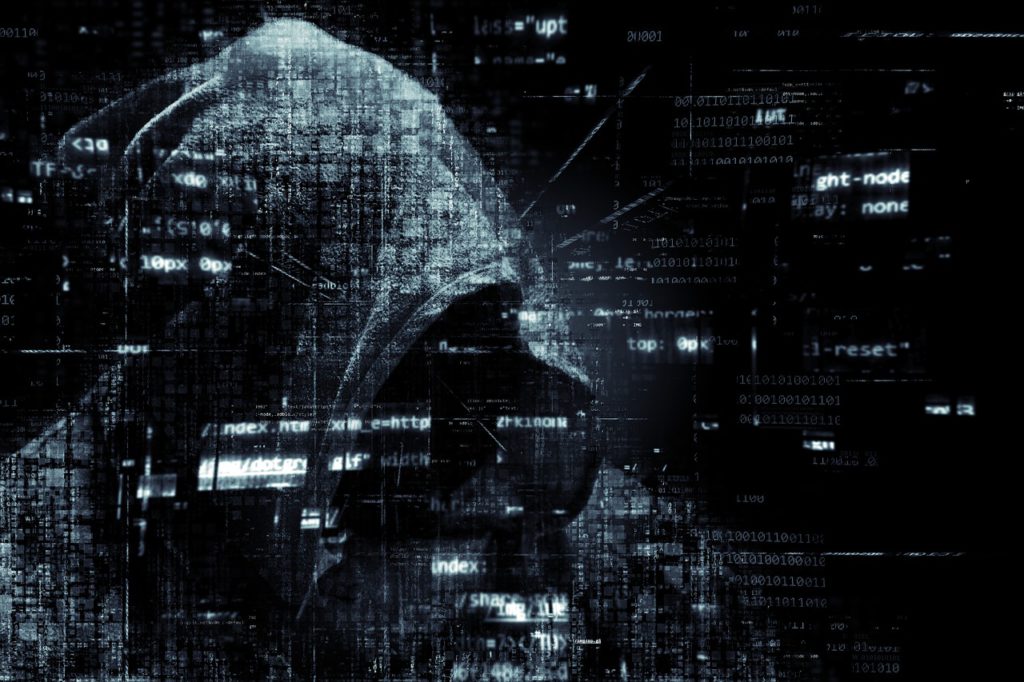
These days, one seems to get more scam calls than real ones. Car warranty calls, health insurance calls, even fake creditors. It’s so frustrating. This is especially true when strangers call you about your computer. A reputable company will never call you out of the blue to warn you of an issue. Any cold caller who tells you that you need to pay them money, or worse, allow them access to your computer does not have your best interests in mind. It takes vigilance to protect yourself from scam calls.
Viruses and trojans are a concern for any internet connected PC. Most people with malware infections, however, find out by running a local virus scan. Unless you are paying someone to monitor your antivirus, no one will call you to warn you of an infection. If a stranger calls you about it, it’s most likely a scam call.
It’s not just your money at risk.
While most scammers who call to tell you your computer has been hacked are after money, some are even more insidious. Access to your computer can provide a dishonest person with more than the money you pay them. They can see all of your files, install malicious software, or even copy your passwords. A particularly sneaky scammer can do a lot of damage.
Think about the sorts of information you type in to your browser on a regular basis. Banking information. Names. Addresses. At tax time, your Social Security number. Although your computer is usually safe behind your router or firewall, allowing a scammer to access it lets them past all lines of defense.
Your antivirus software, firewall, home network and router all work together to protect you. They’re like the immune system protecting your information from attack. When you allow a stranger into your computer via a screen sharing or remote access program, it’s like stabbing a knife straight through all the layers of protection. It’s much easier to infect the computer from the inside, just like it’s much more likely for a cut to get infected than your skin.
What should you do if a scammer calls you? Contact us! We will be happy to help repair the damage to your computer. We’ll even evaluate your protection and help you be safer in the future. After 15 years in the repair business, we know a thing or two about how to keep you safe.